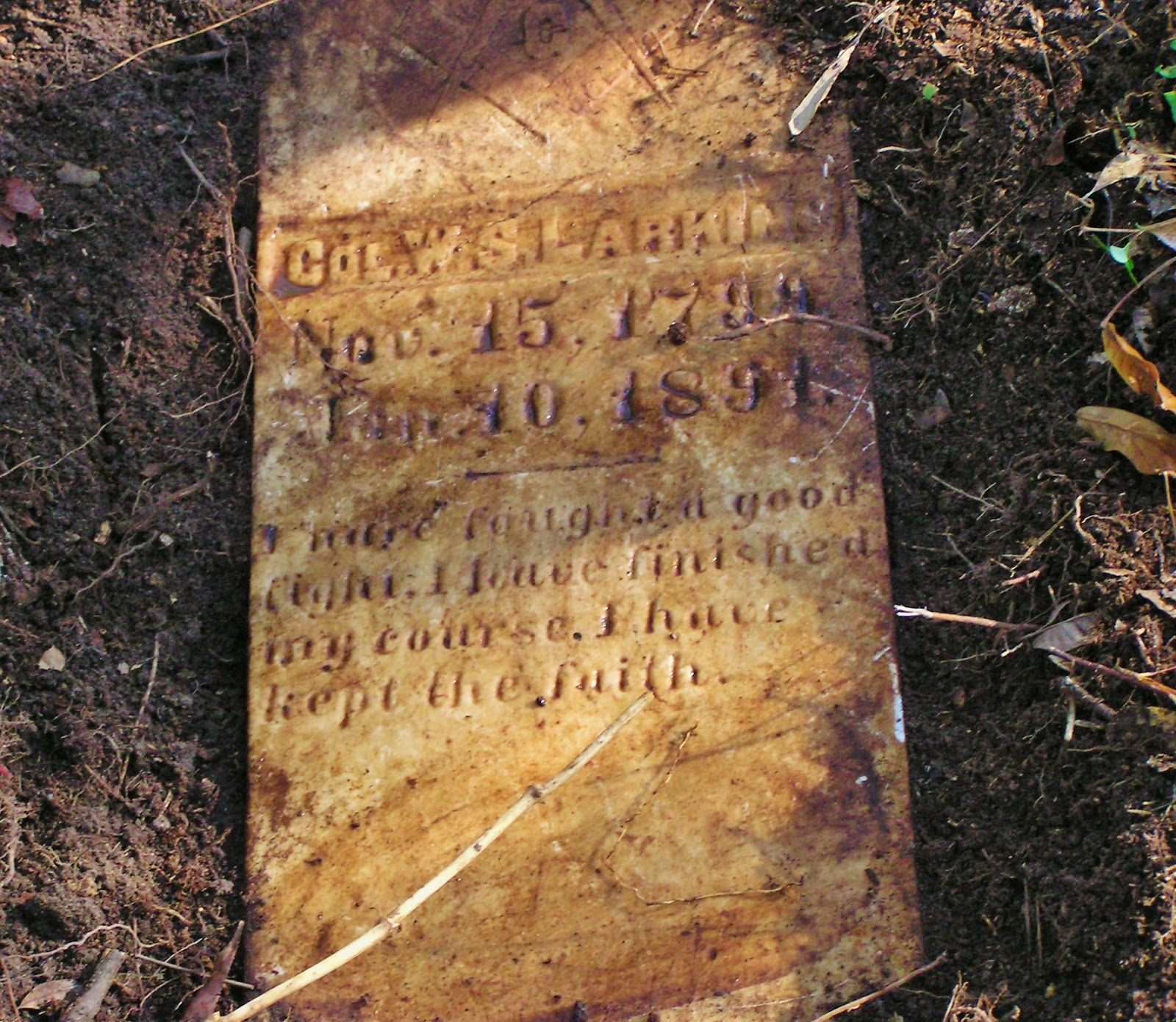Dead or missing parents is a fairly common trope in YA. The theory goes that, in order for a teen to make independent decisions and drive the flow of the story, a strong authority figure (i.e. the parent) cannot be present.
- If both parents are dead, then the teen is essentially on his/her own. Ergo, s/he can make all of the crazy, fearless, amazing decisions they want, unencumbered by adultly reason.
- If one parent is dead, the living parent is likely distracted by grief, and the teen is left to deal with the story's conflict on their own.
I'm a parent. I think my daughters would tell you that they were raised in a functional, two-parent home *and* that they were still able to drive the flow of their stories. Honestly, one of the goals of good parenting is to create an environment where kids do exactly that—learn to take on conflict with confidence, courage, and compassion.
When I started writing the Whisper Falls series, I was determined to show that it was possible for an interesting, complicated hero to live in a functional family. I wrote Mark to have parents, grandparents, and a sister who pay plenty of positive attention to him. Yet he would still be in charge of his own story.
However, it was necessary to get these authority figures out of the way, at least some of the time. So I had Sister move nearly 2000 miles away, reportedly for graduate school. The partially-empty nest distracts Mom from monitoring what her 17-year-old son is doing. With Dad on business trips, Mark has a loving family that is focused away from him long enough that he can navigate through the plot with independence.
It's interesting that my efforts to avoid this trope have received (indirectly) the most criticism.
- A couple of reviews have found the subplots in Mark's normal life to detract from the overall story. Yet, if his family and friends were watching him closely, he would've had a much harder time getting involved with Susanna. And if I hadn't addressed their inattention at all, readers would've wondered why.
- *Mild spoiler*: One reviewer mentioned that she were surprised at how receptive Mark's family was to Susanna. I was surprised at that comment. Maybe my circle of friends is strange, but I know of several families who have fostered stray kids (officially or unofficially.) I've even done that myself—offered a refuge for a few months to a young woman who needed a safe place to stay while she figured out what to do next.
This post isn't an attempt to slam tropes or reviews. I need both. They make me a better writer because they make me think. Still, they've pushed me to look at my other books and consider how I use the dead parent trope in them.
- I Wish is a completely new book, releasing in November 2014. The heroine has a dysfunctional mother, a dead father, and a dead stepfather. The hero is a supernatural being with a strong league of friends (but no parents since supernatural beings aren't "born"). So, yeah, I've embraced the dead parent trope here.
- Leaving Eden (working title) is a book I've recently finished. (It hasn't sold yet.) The hero has a nurturing family. The heroine has a wonderful stepmother, a problematic father, and a thankfully-absent biological mother. In this book, their families are a huge part of the conflict (think Romeo & Juliet). If the parents had been dead, there would've been no story.
Trust me. It's hard to parent teens. I want to write about parent-child relationships with honesty, respect, and realism. But I think I can do that—write a good YA—with characters that come from all kinds of families. Even the best parents will be flawed, but they don't have to be dead for their children to be free.

No comments:
Post a Comment